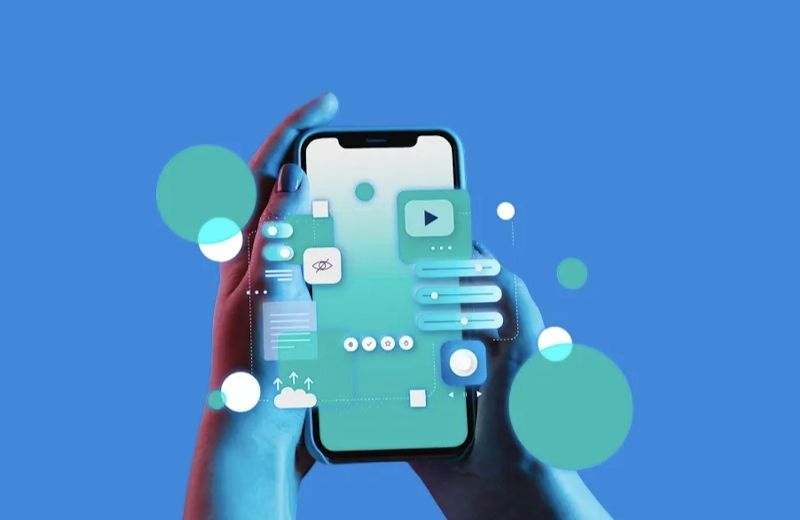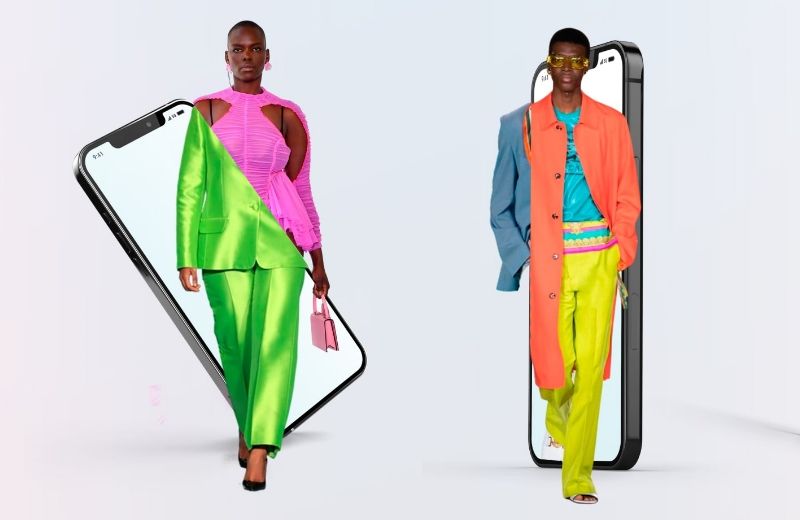14 Sep, 2023
The Future of Mobile Development: Trends & Innovations

The Future of Mobile Development: Trends & Innovations
14 Sep, 2023
Mobile development has come a long way since the advent of the first smartphones. As we step into the future, the landscape of mobile app development is poised to undergo profound transformations. From cutting-edge technologies to evolving user expectations, here's a glimpse of what the future holds for mobile development.
1. 5G Connectivity and Beyond
The rollout of 5G networks is already reshaping the possibilities of mobile apps. With faster and more reliable connections, mobile apps can leverage real-time data streaming, augmented reality (AR), virtual reality (VR), and immersive multimedia experiences. In the future, we can expect even faster connectivity, enabling seamless remote collaboration, IoT integrations, and high-definition streaming on mobile devices.
2. AI and Machine Learning Integration
Artificial intelligence (AI) and machine learning (ML) are becoming integral to mobile app development. AI-driven chatbots, personalization engines, and recommendation systems enhance user experiences. In the future, expect more advanced AI capabilities, such as natural language understanding and predictive analytics, to create smarter, more adaptive apps.
3. Augmented Reality (AR) and Virtual Reality (VR)
AR and VR are redefining user engagement. Industries like gaming, education, healthcare, and retail are adopting AR and VR technologies for immersive experiences. In the future, AR glasses and VR headsets will become more accessible, opening up new avenues for app developers to create captivating and interactive content.
4. Cross-Platform Development
Cross-platform development frameworks like React Native, Flutter, and Xamarin are gaining popularity for their ability to write a single codebase that runs on multiple platforms. The future will see continued growth in cross-platform development, reducing development time and costs while maintaining native-like performance.
5. Progressive Web Apps (PWAs)
PWAs offer the best of both worlds: the discoverability of websites and the functionality of mobile apps. These lightweight, web-based applications are installable and work offline. In the future, PWAs will bridge the gap between websites and native apps, offering a seamless experience for users.
6. Internet of Things (IoT) Integration
As IoT devices become more prevalent, mobile apps will serve as control hubs for smart homes, wearables, and connected vehicles. Developers will need to focus on security, interoperability, and scalability to accommodate the IoT ecosystem.
7. Enhanced Security Measures
With increased reliance on mobile devices for personal and financial transactions, security will be a top priority. Future mobile apps will incorporate advanced security features like biometric authentication, blockchain, and secure enclaves to protect user data and privacy.
8. App Monetization Strategies
Monetization models are evolving beyond traditional ads and in-app purchases. Subscription-based services, microtransactions, and affiliate marketing will continue to shape how developers generate revenue from mobile apps.
9. Sustainability and Green Mobile Development
The tech industry is increasingly recognizing the importance of sustainability. Future mobile apps will focus on energy efficiency, reducing carbon footprints, and eco-friendly practices in development and hosting.
10. Voice User Interfaces (VUIs)
Voice assistants like Siri, Alexa, and Google Assistant are paving the way for voice-driven mobile apps. In the future, VUIs will become more sophisticated, offering hands-free interactions for tasks ranging from shopping to controlling IoT devices.
The future of mobile development is an exciting frontier filled with innovation and possibilities. As technology continues to advance, developers who stay agile, embrace emerging trends, and prioritize user experiences will thrive in this ever-evolving landscape. Whether you're a seasoned developer or just starting in mobile development, staying informed and adaptable will be the keys to success in shaping the future of mobile apps.
